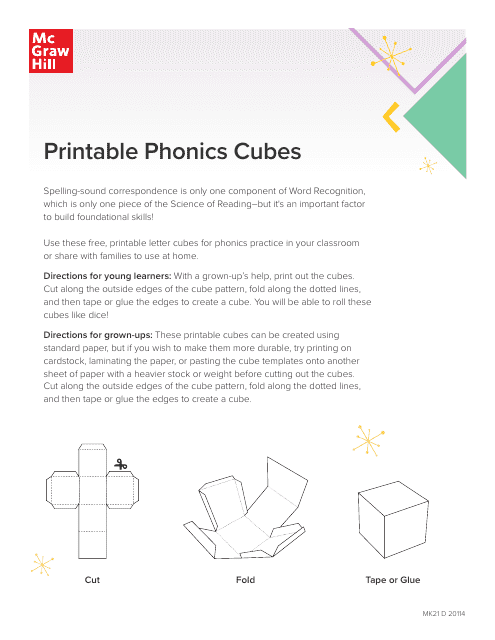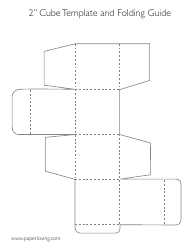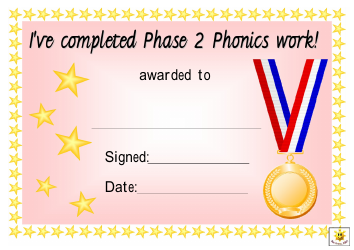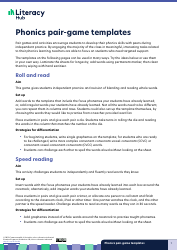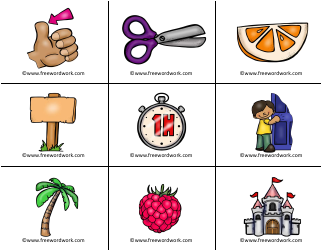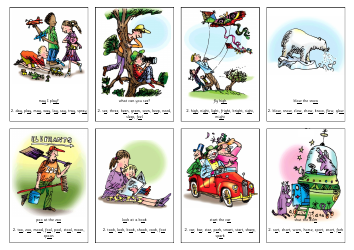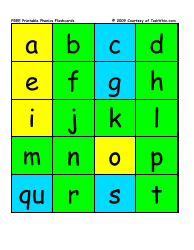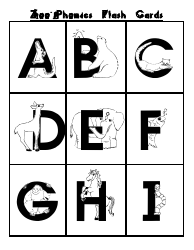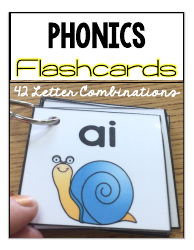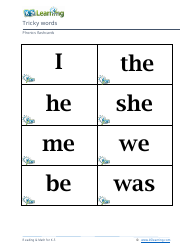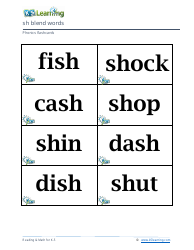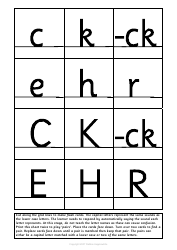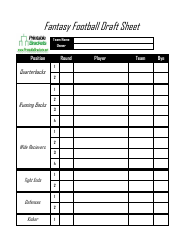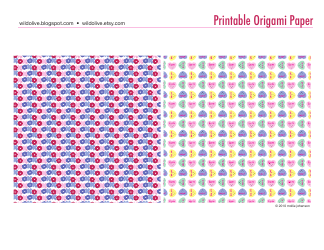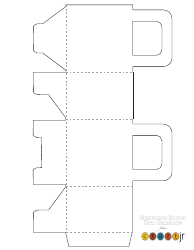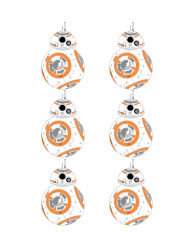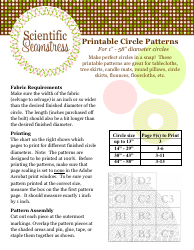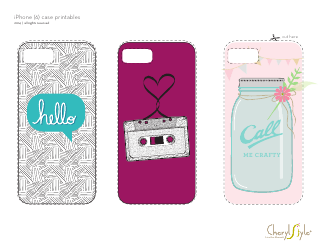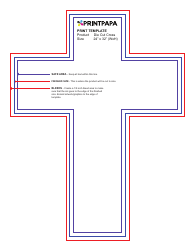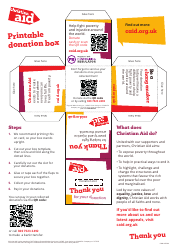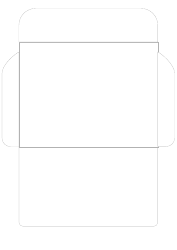Printable Phonics Cube Templates
Printable Phonics Cube Templates are educational tools used to help teach phonics, mainly to children who are in the early stages of learning to read and write. Phonics is a method that involves teaching the relationship between sounds and the letters we use to represent them.
The templates are typically made up of squares that feature different letters or sounds. Once these templates are printed, they can be folded into a cube shape. Children can then roll the cubes and practice making the sound of the letter or combination of letters that come up. It's an interactive and fun way for children to learn and become more familiar with phonics. This aids in improving their spelling, reading, and writing skills.
The printable phonics cube templates are typically filed by educators, which can include teachers, teaching assistants, tutors, and homeschooling parents. These individuals use the templates as an educational tool to teach children about different phonics sounds. It aids in making learning interactive and fun. The templates can be downloaded, printed, and assembled into a cube to be used in phonics lessons. The cubes are often used in countries such as the USA, Canada, India, and Australia, and by educators around the world to enhance their phonics instruction.
FAQ
Q: What is a phonics cube template?
A: A phonics cube template is a printable learning tool often used in early childhood education to teach phonics, the method for teaching reading and writing by developing learners' phonemic awareness.
Q: How can you use a phonics cube template?
A: A phonics cube template can be printed, cut out, and folded into a cube shape. On each face of the cube, there are different letters or phonics consonant vowel blends. Kids can roll the cube and practice saying the sound or creating words that start with the letter or blend on the top face.
Q: Are phonics cube templates beneficial?
A: Yes, phonics cube templates are beneficial. They provide a hands-on, interactive method for young children to learn and practice phonics. This can help learners understand the link between sounds and the symbol or letters that represent them.
Q: Is learning phonics important?
A: Absolutely, learning phonics is crucial in childhood education. It's often the first strategy that young children should master when learning how to read and write. Phonics provides kids with tools to decode words on their own, promoting confidence and independence in their reading journey.
